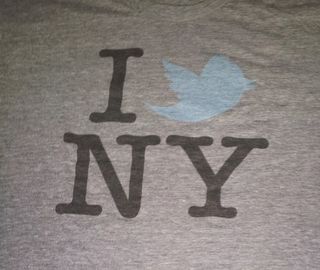Lightweight Identity
Last month, I participated in a PII event and sat on a panel (a format I dislike and try to avoid) moderated by Kara Swisher. Kara posted a video of the panel on ATD a few days later.
Sometimes when you are in a public setting you say things that have been coming together in your mind but you have never articulated before. That happened that day. I said the following about 40 minutes into the panel:
Twitter is default public and everyone knows that's what it is. Your Twitter identity is the lightest weight, most public, and therefore the best identity on the web.
Many other online identites we are all developing are heavier weight. They have more private information about us in them. When the companies that operate those identity services share our information with others we get nervous, upset, and anxious.
Twitter and other default public identities (like my daughter Emily's "Things I Like" tumblog) contain only the information we are willing to have the whole world know about us. And therefore they are better identities. They can be portable without our permission. They are crafted by us with the full knowledge that they will be seen by others, potentially many others.
We just completed a long and taxing hiring process. We had over 250 applicants to our analyst position. We asked each and every applicant to share their online profiles with us. Most shared default public profiles like blogs, twitters, tumblrs, etc. We learned so much about each of the applicants through reviewing those public identities. Default public online identities are very powerful and very revealing about people, maybe more so than default private identities. They can be used for almost anything that default private identities can be used for. But they can be used without asking for permission from the owner of the profile because the information is public already.
This is counter intuitive for many. But I'm pretty sure that default public identities are the future for most things (maybe not healthcare and personal finance and the like) and that they are the best form of online identity.











